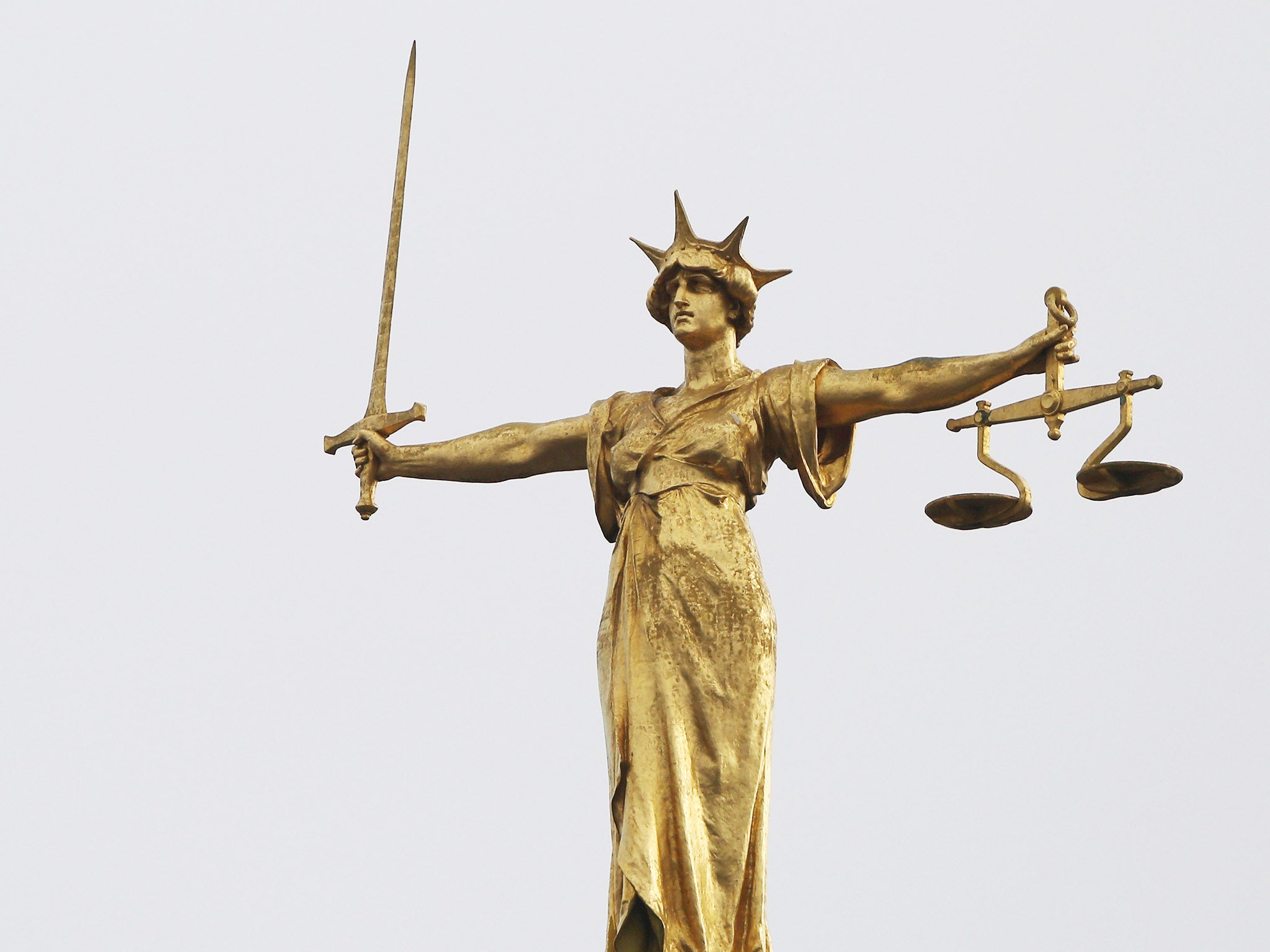Younger men less likely to be convicted of rape than older defendants, 'shocking' figures show
Only 32 per cent of 18 to 24-year-old men charged with rape were convicted in 2017-18

Young men can commit rape with “near impunity” in Britain, campaigners have claimed as statistics show they are less likely to be convicted than older defendants.
Only 32 per cent of 18 to 24-year-old men charged with rape were convicted in 2017-18, compared to 46 per cent of 25 to 59-year-olds in England and Wales.
Ann Coffey, a Labour MP who obtained the statistics through a freedom of information request, suggested the figures could reflect bias from juries.
“The figures may reflect the prevailing attitudes of society and therefore of juries to women, who are often blamed for putting themselves in risky situations,” she said.
“There has been a strong media focus on the small number of false allegations of rape and this perpetuates the public perception that lying about rape is common when in fact the opposite is true. The vast majority of rapes are never reported because many young women fear they will not be believed.”
Ms Coffey added: “There is still a dominance of rape myths in our culture, including that a woman who has drunk a lot cannot complain if she ends up being raped or that it is only rape if someone has injuries or that most rapes are done by mad axemen in alleyways.”
Dr Dominic Willmott, of the University of Huddersfield, carried out research into jury bias that showed people’s own attitudes to sexual offences and personality traits affected their response to mock rape trials.
“Scientific research shows us quite clearly that jurors are simply less willing to convict young defendants of rape for fear of the consequences such a ‘rapist’ label will have on their future,” he said.
The conviction rate for rape is far lower than that for other crimes, standing at 58 per cent in 2016-17, compared to 84 per cent across all crime.
In the same year, just over half of reported rapes resulted in a suspect being charged.
“Given that very few cases make it to court in the first place, the [statistics] could be read as showing that there is near impunity in this country for young adult men who commit rape,” said Sarah Green, codirector of the End Violence Against Women Coalition, calling the figures “shocking. We urgently need an independent examination of every stage of the police and courts process.
“No stone should be left unturned, even if this means looking at the way juries work, how they reach conclusions and radical ideas for tackling prejudices which may be getting in the way of fair and just decisions. The implications of ignoring this run counter to any notions of equality and access to justice.”
The Crown Prosecution Service (CPS) said its staff are helping police improve the way they prepare rape cases for trial at an earlier stage in the process and providing new training on the use of a law allowing a complainant’s sexual history to be heard in court.
MPs and campaigners have previously said “prejudicial and irrelevant” evidence is being heard, amid fears over the use of rocketing volumes of mobile phone communications by defence lawyers to undermine a case.
A series of rape trials collapsed at the end of last year over newly recovered evidence but lawyers say problems with disclosure are common to all crimes, calling on police and the CPS to reform how information is shared.
The CPS said work was ongoing to improve the handling of disclosure that will be crucial to a significant proportion of “complex” rape and sexual offence cases.
“We have worked hard in recent years to improve how we deal with these cases,” a spokesperson said. "Addressing the low conviction after contest rate in cases involving young defendants represents a challenge for the entire criminal justice system. We are working on a number of different fronts to improve performance in this area.
“This includes early liaison with police prior to making charging decisions, and providing specialist training for prosecutors on consent, myths and stereotypes, and cases involving vulnerable witnesses and young people.”
